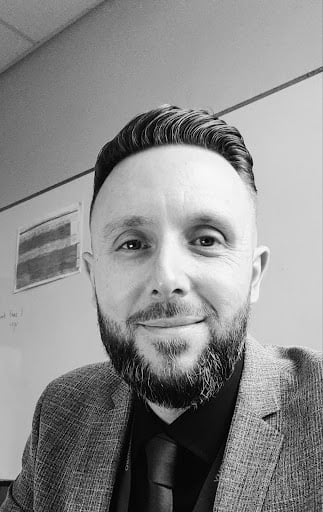Units of Data Storage (Cambridge (CIE) O Level Computer Science) : Revision Note
Units of Data Storage
What are units of data storage?
A unit of data is a term given to describe different amounts of binary digits stored on a digital device
These are the units you need to know for IGCSE:
Unit | Symbol | Value |
|---|---|---|
Bit | b | 1 or 0 |
Nibble |
| 4 b |
Byte | B | 8 b |
Kibibyte | KiB | 1,024 B (210) |
Mebibyte | MiB | 1,024 KiB (220) |
Gibibyte | GiB | 1.024 MiB (230) |
Tebibyte | TiB | 1,024 GiB (240) |
Megabyte vs Mebibyte
1 kibibyte (1KiB) = 1024 bytes (1024 B) - binary prefixes (to the power of 2)
1 kilobyte (1KB) = 1000 bytes (1000 B) - decimal prefixes (to the power of 10)
Converting between units
It is often a requirement of the exam to be able to convert between different units of data, for example bytes to mebibytes (larger) or kibibytes to bytes (smaller)
This process involves division, moving up in size of unit and multiplication, moving down in size of unit
When dealing with all units bigger than a byte we use multiples of 1024 (210)
For example, 2000 kibibytes in mebibytes would be 2000 / 1024 = 1.95 MiB and 2 tebibytes in gibibytes would be 2 * 1024 = 2048 GiB
When dealing with bits and bytes the same process is used with the value 8 as there are 8 bits in a byte
For example, 24 bits in bytes would be 24 / 8 = 3 B and 10 bytes in bits would be 10 * 8 = 80 b
| Unit |
|
|---|---|---|
Multiply by 8 ⇑ | Bit | Divide by 8 ⇓ |
Byte | ||
Multiply by 1024 ⇑ | Kibibyte | Divide by 1024 ⇓ |
Mebibyte | ||
Gibibyte | ||
Tebibyte |

You've read 0 of your 5 free revision notes this week
Unlock more, it's free!
Did this page help you?

